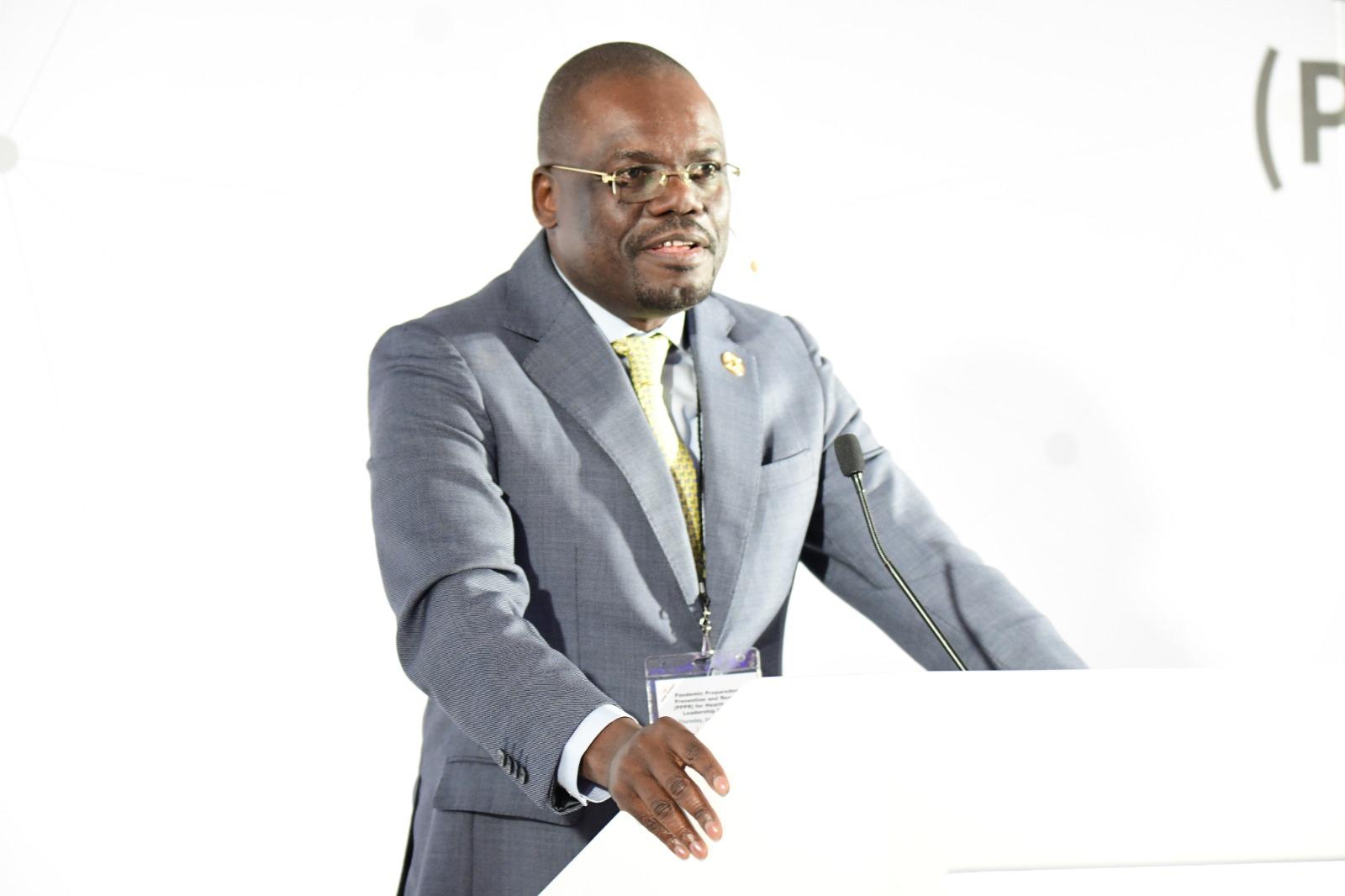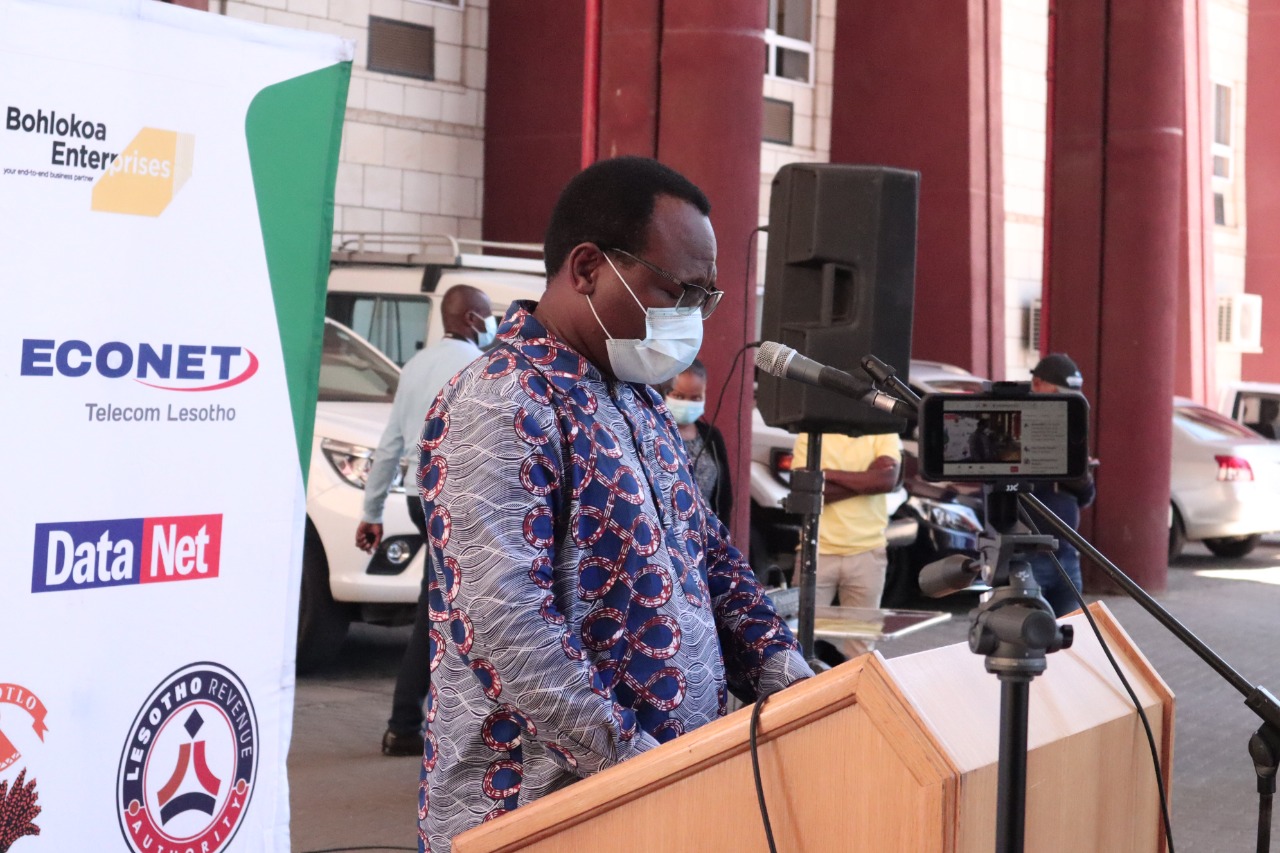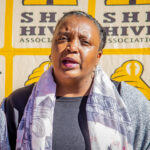Marcia Zali
The recently launched state-of-the-art Centre for Epidemic Response and Innovation (CERI) lab, at South Africa’s Stellenbosch University further strengthens the country’s commitment to genomic surveillance.
South Africa’s health minister, Dr Joe Phaahla also believes that the centre will also be one of the tools put in place to boost the role that the country has been playing in disease control since the advent of the Covid-19 pandemic.
Despite having received backlash when scientists in the country announced the discovery of the Omicron variant in November 2021, which resulted in travel bans to the country, Phaahla said the fact that the variant was identified by local scientists has positioned the country on favourable grounds with the global health body, the World Health Organisation (WHO).
“When we have all these labs and the network of genomic surveillance, they [WHO] are very supportive. We must then share the know-how with the rest of the world and we must keep improving the skills of the people who are doing the surveillance so that it can be picked up,†said the minister.
At the second Presidential Health Summit which was held in May, South Africa added a tenth pillar which would focus on pandemic prevention, preparedness, response, and recovery.
Launched as part of a partnership between Abbott Diagnostics and the Abbott Pandemic Defence Coalition, the CERI lab has been hailed by Phaahla as one of the great strides made to cement South Africa’s role in the scientific community.
At the R1.2 billion facility within the university’s Biomedical Research Institute (BMRI), scientists will be able to prepare for future pandemics and monitor new virus strains that might emerge.
Virus hunter and scientist at Abbott, Mary Rodgers, said the coalition of scientists was the first of its kind globally with 20 sites that are in five continents. At these sites, work was being done to monitor new emerging infections and new diagnostics were being used so that scientists can quickly understand everything that they need to know about a pathogen and limit its spread.
Taking lessons from the Covid-19 pandemic where scientists learned how viruses never stop, Rodgers added that collaborations, sharing information, and having diagnostic tests have demonstrated how critical they are in the response to new pathogens.
“We are very glad to have CERI as one of our key partners in this effort because one of the important parts of this whole program is the sequencing part of it where we are looking at what viruses are present in a sample by using unbiased sequencing,†added Rodgers.
The Director at CERI, Professor Tulio de Oliveira said the lab was one of the most advanced and largest in Africa.
On top of that, scientists who will be trained at the facility will have access to some of the best technology in the world.
Speaking at the official launch of the lab, de Oliveira said that scientists from 25 countries had been trained on how to detect pathogens and with more epidemics expected in the future. Up to 23 of the countries represented were from the African continent.
The trained scientists will then take the knowledge acquired at the institution to their respective countries where they will be able to detect pathogens as soon as they emerge.
On top of the recently trained group of scientists, at least 320 had been trained over the last three years to ensure that when a new epidemic is identified, knowledge is not kept a secret.
“We are known to be the top group that releases data even when it is not good news. The world has learned that identification of a new variant is not bad news, bad news is not identifying it soon enough,†said de Oliveira.
When knowledge gets shared in real-time and data is made available to the public, this will build trust in the work done by scientists, de Oliveira emphasised.
De Oliveira also added that scientists should be accessible to the public to prevent fake news and misinformation that prevented many from getting Covid-19 vaccines.
This would also ensure that the public is aware and educated when another already anticipated pandemic occurs.
Summary
- Despite having received backlash when scientists in the country announced the discovery of the Omicron variant in November 2021, which resulted in travel bans to the country, Phaahla said the fact that the variant was identified by local scientists has positioned the country on favourable grounds with the global health body, the World Health Organisation (WHO).
- We must then share the know-how with the rest of the world and we must keep improving the skills of the people who are doing the surveillance so that it can be picked up,†said the minister.
- “We are very glad to have CERI as one of our key partners in this effort because one of the important parts of this whole program is the sequencing part of it where we are looking at what viruses are present in a sample by using unbiased sequencing,†added Rodgers.

Your Trusted Source for News and Insights in Lesotho!
At Newsday Media, we are passionate about delivering accurate, timely, and engaging news and multimedia content to our diverse audience. Founded with the vision of revolutionizing the media landscape in Lesotho, we have grown into a leading hybrid media company that blends traditional journalism with innovative digital platforms.










